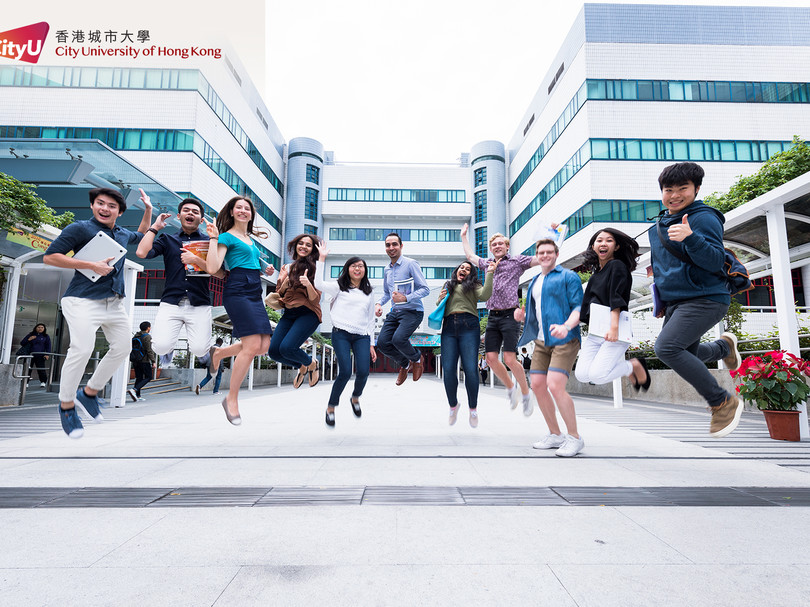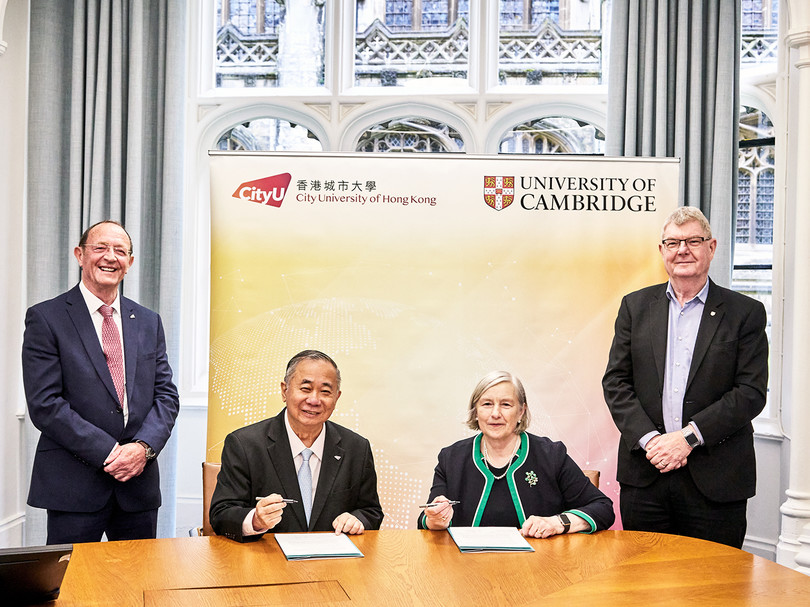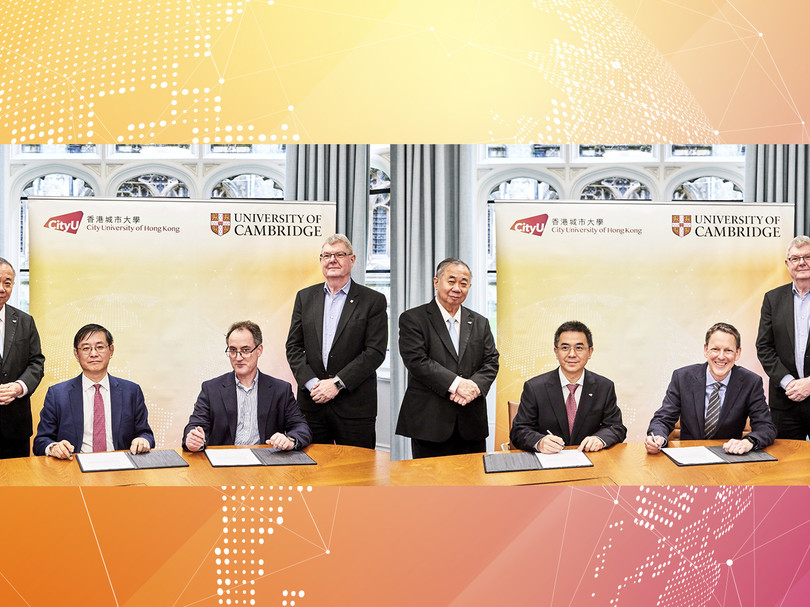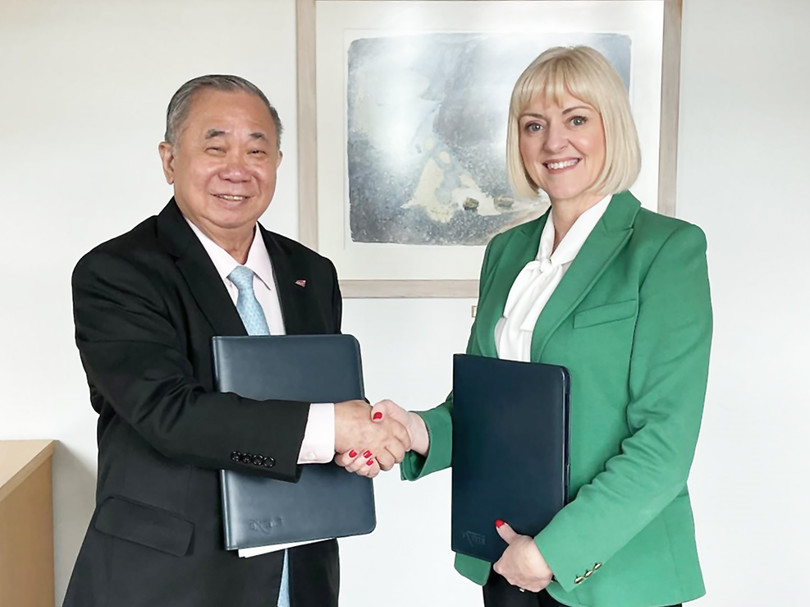Showing 1 to 10 of 11 results

Innovative technology turning waste textiles into usable products developed by the School of Energy and Environment earns a gold medal in Geneva.

More than 100 senior secondary students learned how to set goals for their future lives at CityU’s “Setting goals today for a brighter future” programme on 14 April.

CityU has received a HK$3 million donation from Tin Ka Ping Foundation to fund three programmes to promote Chinese culture.
Gao Xingjian's City University of Hong Kong Lecture (Note: This is an excerpt from a lecture delivered on 31 January, 2001 at City University of Hong Kong by Mr Gao Xingjian, Nobel Prize Winner in Literature. The sub-headings were added by the editor.)
Professor Zhang Longxi of CityU responded to the SCMP article on Gao's visit to Hong Kong (2 February 2001) Nobel Prize winner GAO used to fewer restrictions in his adopted home of France (1 February 2001, SCMP)
Although his novel Soul Mountain is all about questioning -- of literature, Chinese history and even language -- Gao Xingjian, the first Chinese writer to win the Nobel Prize for Literature, says he has no desire to overturn anything. "There's no need to overturn the tradition. It is there and no one can deny it," said Gao at his public lecture on 31 January at CityU, where the celebrated author talked to a large and enthusiastic audience about his views on literature and writing.
Many Chinese readers have felt disappointed in the past that no Chinese writer has ever been awarded the Nobel Prize. Unexpectedly, at the beginning of the new millennium, the Nobel Prize in Literature travelled across languages and cultures from distant Sweden to arrive, for the first time, in the hands of a Chinese writer--Gao Xingjian.
Secondary school principals from Diocesan Girl's School, King's College, Homantin Government Secondary School, Bishop Hall Jubilee School and Lee Kau Yan Memorial School paid a visit to CityU on 15 January.
Universities today face a number of challenges. Changing societal needs, rising expectations about education, economic developments, and technological advances all help shape the role of academic institutions.
Students who took part in the Student Exchange Programme 1999/2000 have returned to campus. They received certificates from the Vice-President (Institutional Advancement) and Vice-President (Education) at a sharing session on 6 December, and talked to fellow students about their exchange experience.
Pagination
- 1
- 2



